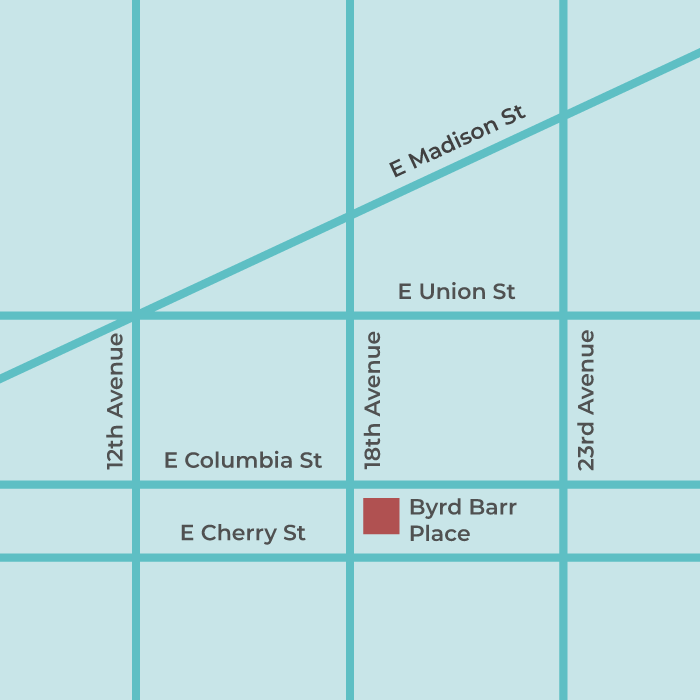Photo credit: Ethan Gregory Dodge
On Friday, June 24, 2022, women and birthing people across the country found themselves in a nightmare scenario. Early in the morning, they had made their way to local clinics to terminate their pregnancies, many traveling long distances and overcoming financial and logistical barriers to accessing an increasingly jeopardized service. At 9:00 a.m. ET all of that changed. Doctors and providers were forced to turn patients away in droves — the service they had come to receive was now illegal.
The Supreme Court’s decision to strike down Roe v. Wade, takes reproductive rights back over 50 years. By eliminating federal protections for abortion access, millions have been thrust into a reality in which where they live now determines their ability to access life-saving and deeply personal healthcare services. The implications of this decision will be felt across a swath of issue areas as BIPOC communities, LGBTQ+ folks, and those with low incomes bear the brunt of the fallout. Justice Clarence Thomas’s opinion especially creates a dangerous precedent that indicates the Court may be reconsidering cases that protect same-sex marriage and contraception access.
While attacks on bodily autonomy impact us all, for BIPOC women and birthing folks the impact is disproportionately devastating.
It builds upon disparities in healthcare access and compounds economic hardship in communities already structurally and historically disadvantaged. Due to a variety of intersecting factors, like lower contraceptive access and high pregnancy mortality rates, Black women seek abortion access at higher rates, with 37% of all abortions in the U.S. sought by Black women. All women of color navigate racialized experiences in accessing healthcare, but Black women specifically tend to have worse healthcare outcomes more generally. While the United States leads in pregnancy mortality rates for all women, pregnancy related death is higher for Black women with Black women at least three times more likely to die from a pregnancy related cause than their white counterparts.
The economic impacts of unwanted pregnancies also fall more harshly on the lives of women of color, with decreased education access, barriers to income mobility, and rising childcare costs trapping marginalized women and their families into cycles of poverty. Six in 10 women who have abortions are already mothers, citing that their decision to terminate their pregnancy is to ensure they can be better parents to the children they already have, with many already strapped financially. Roughly half of women who had an abortion in 2014 were living below the poverty line, with another quarter living very close to poverty.
As disappointing as this news is, all hope is not lost.
Byrd Barr Place remains committed to the work of creating an equitable future for Black Washingtonians, one in which all people have access to the basic human needs and opportunities that support their health, well-being and prosperity. This fundamentally includes supporting equitable access to abortion and reproductive services.
We acknowledge the work being done across the country to support people seeking abortions and stand with community organizations, activists and organizers in efforts already underway to mitigate the damaging effects of this horrifying decision. Such organizations include, Planned Parenthood, the National Black Women’s Reproductive Agenda, and the National Network of Abortion Funds.
In Washington state abortion remains legal.
If you need abortion services, the Northwest Abortion Access Fund and the National Abortion Federation maintain a full list of abortion providers in Washington State. Of the clinics that the Washington State Department of Health funds, Cedar River Clinics and four Planned Parenthoods provide abortion services.
The fight continues and we stand with you.


